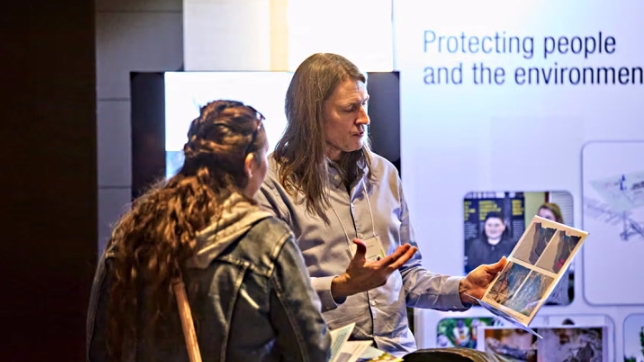
In 2023, the NWMO was tasked with overseeing the disposal of these waste types, following recommendations from Canada’s Integrated Strategy for Radioactive Waste, endorsed by the Minister of Natural Resources. This project is separate from the NWMO’s ongoing work since 2002 to manage Canada’s used nuclear fuel in a similar repository. The new repository could also potentially store used fuel from future nuclear reactors in Canada.
The NWMO has published a discussion document outlining its site selection approach, emphasizing technical safety and community willingness as key criteria. Over the next two years, the organization plans to engage with diverse groups, including communities, industry stakeholders, and Indigenous Peoples. Joanne Jacyk, NWMO’s Director of Site Selection for the second repository, stated: “We are committed to seeking input from Indigenous Peoples from the very beginning of our site selection process for the next deep geological repository, and to forge relationships built upon trust and transparency.”
Laurie Swami, NWMO President and CEO, added: “Like many countries with commercial nuclear power programmes, Canada is planning for the future. There is international scientific consensus that a deep geological repository is the safest way to manage intermediate and high-level waste over the long-term.”
A deep geological repository involves a system of engineered underground vaults and tunnels designed to permanently store radioactive waste, ensuring no harmful radiation reaches the surface. This approach is also being pursued by countries such as Finland, Sweden, France, the UK, and the USA.
In 2023, the NWMO selected Wabigoon Lake Ojibway Nation and the Township of Ignace in northwestern Ontario as host communities for a separate repository for used nuclear fuel, following a 14-year consent-based process. Construction of that facility awaits completion of a multi-year federal regulatory process and an Indigenous-led Regulatory Assessment and Approval Process, to be developed by Wabigoon Lake Ojibway Nation.
The NWMO’s current outreach for the second repository underscores its commitment to inclusive, transparent engagement, prioritizing safety and collaboration with Indigenous and local communities.